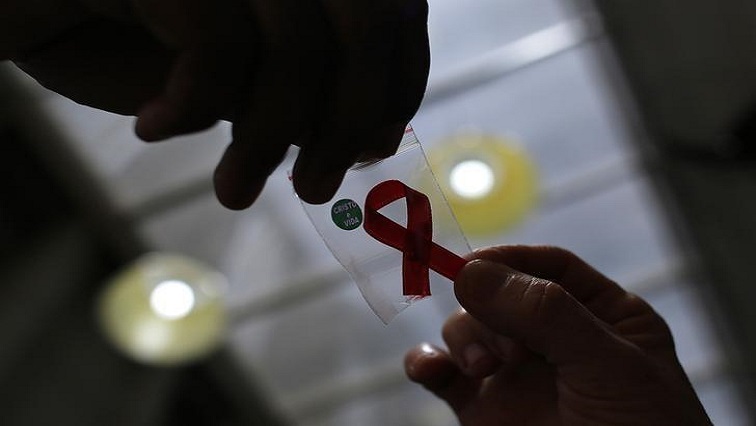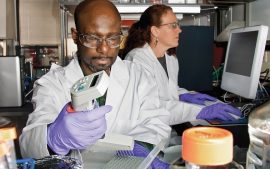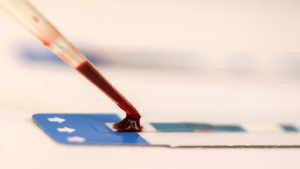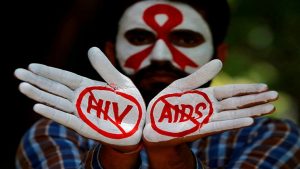World Aids Day this year is celebrating the strides that have been made, not only in treating the disease but enabling people to live long, productive lives on anti-retroviral treatment.
The full impact of COVID-19 on paediatric treatment of HIV/AIDS still unfolding: Dr Shaffiq Essajee
Access to antiretroviral
By June this year, over 28 million people, globally, were accessing antiretroviral treatment. But despite the immense progress in the last 40 years, scientists say there is still a way to go to eradicate the disease.
SANAC CEO Dr Thembisile Xulu shared the latest data between 2017 and 2022 that points to a slight decline in new infections among South African young women between the ages of 15 and 24.
In this period, new infections decreased from 2 000 a week to 1 300 a week. Concerningly, Xulu says new infections are steadily increasing in young men and boys.
She was among those who called on South Africans to get vaccinated for COVID-19, saying while it was not a silver bullet, it would minimise severe illness and hospitalisation.
Declining condom usage
Similarly, acting Chief Director for Strategic Health programmes at the National Health Department (NHD) Dr Mamosa Tshabalala spoke to the link between new infections of sexually transmitted diseases and declining condom usage.
The latest statistics show that between July and September last year, over 50 000 South Africans were treated for STIs compared to over 77 000 people in the same period this year.
Healthcare leaders also applauded the continued efforts to fight HIV in light of the ongoing COVID-19 pandemic. Umgungundlovu district manager for the National Health Department Dr Thandeka Zulu says the lockdown has seen an increase in defaulting from critical anti-retroviral treatment by HIV positive individuals. She says the healthcare system in outlying rural areas had to adapt during the lockdown to keep people on ARV treatment.
“People are not keen to come to our clinics because of waiting, because of the distances, because of taxis, maybe 2/3 taxis to get there but in the community-based model which is guiding us it’s better to go to them hence we have outreach teams who also deliver and see them at home in their households.”
CAPRISA director and clinical infectious disease epidemiologist, Professor Salim Abdool Karim, says there is much that can be adopted from the approach to testing and treating HIV to COVID-19.
“We don’t use treatment on its own we use Prep, we use condoms, behavioural change. All of those things together we refer to as combination prevention. That is a key lesson for COVID-19. Because COVID-19 has similarly a whole range of prevention measures. That need to be used in combination. Vaccines are our most powerful weapon. We must ensure we maintain our masks, do our social distancing and stay in ventilated areas.”
40 years on, and while the world cannot boast a cure for HIV, scientists say that getting onto ARVs early and staying on treatment has made all the difference for people living with HIV. African scientists will meet in Durban next week for the Conference on Aids and STIs in Africa.
UNICEF’s statistical update on HIV/Aids for children, adolescents and pregnant women: Dr Chewe Luo






